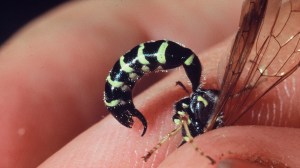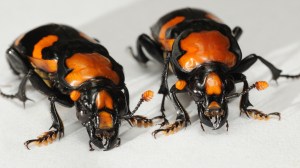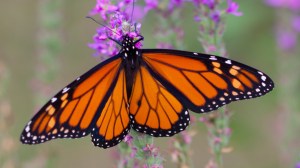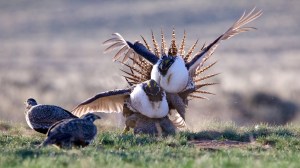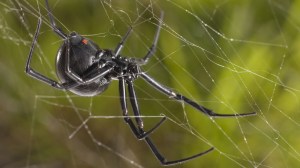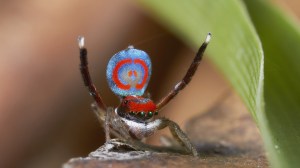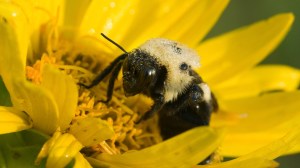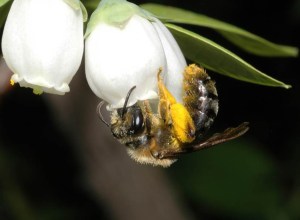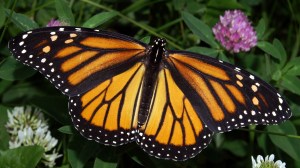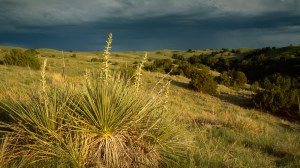Discover stories in Invertebrates
Meet the Man Who Got Stung for Science
Justin Schmidt has been stung by an astounding array of bees, wasps and ants. And he’s here to tell the story.
Recovery: Saving American Burying Beetles, Nature’s Undertakers
American burying beetles once took care of carrion over broad regions of North America. But their numbers have dwindled. What’s going on? And can we save them?
The Four Biggest Hazards Facing Monarch Butterflies, and How You Can Help
A recent scientific paper argues that monarch butterflies are at risk of “quasi-extinction.” But what does this mean? Our blogger breaks down the issues facing butterflies.
Ten Strange, Endearing and Alarming Animal Courtship Rituals
To celebrate humans' holiday of love and romance, our blogger asked biologists for tales of fascinating animal mating habits. Here are some of the strangest and most endearing.
The Ten Creepiest Spiders of North America
Spider, spider on the wall, who's the creepiest of them all? Scientists share their picks for the best spiders on the continent -- the most aggressive, the rarest, the most venomous, even the prettiest. Yes, the prettiest.
Do the Rumble-Rump with Peacock Spiders
Meet the tiny spider with one of the wildest mating displays in the animal kingdom. Jon Fisher takes you into the realm of the peacock spider and its unbelievable "dance moves."
Plight of the Bumble Bee: Conserving Imperiled Native Pollinators
You've probably heard about the loss of honey bees. But did you know native bumble bees face even more alarming declines? These vital pollinators are disappearing due to pesticides and habitat loss. You can make a difference -- right in your backyard.
Wild Pollinators Are Critical in Keeping our Picnic Baskets Full
Bees may seem like uninvited guests at your picnic – but before you shoo them away from the fruit salad, think twice, as they play a critical role in making your picnic possible.
The Monarch Butterfly Decline, and What You Can Do About It
A recent report shows monarch butterflies have declined 59 percent in the past year. The reasons may surprise you. And you can help.
The Yucca and its Moth
It sounds too good to be true; two species helping each other survive for millions of years—each getting as much as they give.
